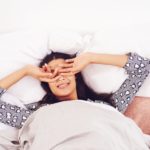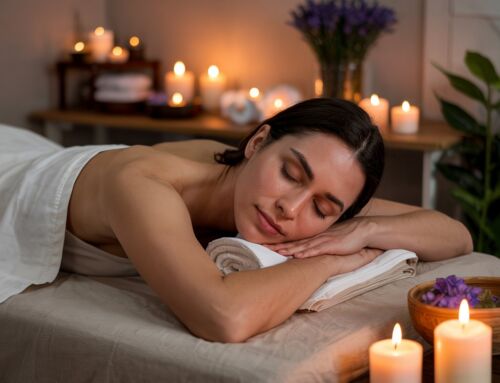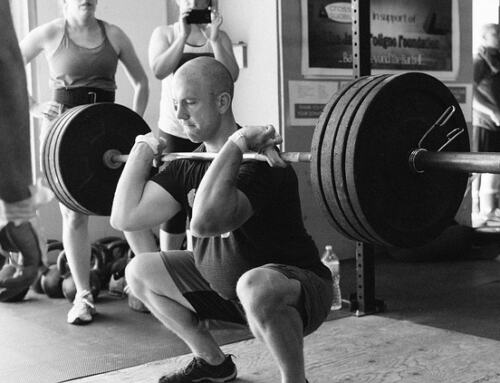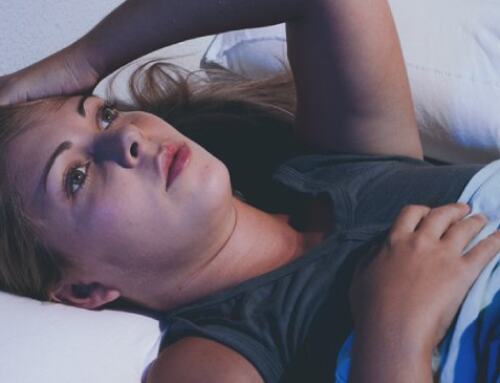What’s Disturbing Your Sleep?
If you are waking up after a solid eight-hour sleep feeling tired and groggy, you’re not alone. Firstly, what gives, body?! But secondly (and more importantly), there could be other things at play here that are making your mornings the worst. Master sleep coach Elina Winnel admits there are many different factors that contribute to poor sleep quality, and depending on the person, the effects can be very different.
If you find yourself waking after eight hours and still feeling tired to carry on with your day like a normal, well-slept person, ask yourself these questions:
Chances are if it’s a weekday, you’re relying on an alarm to make sure you’re not five hours late to work. But Elina poses the thought that your alarm could be causing you to feel like you’ve been hit by a bus every morning. “If we wake up feeling tired, it may be because we are waking up during the slow-wave phase of our sleep cycle,” says Elina. “If we wake up during this deep-sleep phase, it can leave us feeling tired for hours.” According to Elina, this is more likely to happen when you don’t have a regular routine. Opting for a sleep app to wake you during your light phase of sleep is one way to combat being startled by your alarm while you’re peacefully sleeping. You can also opt for a more gentle alarm clock that works to wake you up slowly.

It is believed that dreaming helps to process our emotions — how pleasant! So when we suppress emotions (including fear, anger, and sadness), we are more likely to have nightmares — how unpleasant! “These unpleasant dreams can cause us to have restless sleep and produce stress hormones while we sleep,” says Elina. “The result is waking up a lot less refreshed than we should have.” But who remembers their dreams every single night? Not us! So you’re probably not aware this is even happening. If you have an app monitoring your sleep, check for restless periods of sleep or moments when you’re breathing faster — it could be a sign that something is troubling you in your dreams.
“To reduce nightmares, we can work on releasing emotional issues from our bodies. We can also work on changing the habitual thought patterns that are likely to be creating the fear, sadness, or anger,” says Elina. “I have clients tell me all the time that as they change the way they think, their unpleasant dreams go away. This is especially the case for people who have anxiety.”
Snoring is one of those embarrassing things we don’t really want to admit to. It’s also one of those things we might not be aware of until someone tells you or you wake yourself up with one mighty bear snore, but it can affect the quality of our sleep. “There are many apps out there that can measure if we snore and how much we snore,” says Elina. “This, then, helps us to determine if we need to work on reducing or eliminating our snoring.”
If you’re concerned this might be the case — are you waking up in the middle of the night, gasping for air? — it’s time to see your doctor. Sleep apnea can severely impact your quality of sleep.
Elina admits most people shouldn’t need to go to the toilet during the night so long as they have stopped drinking fluids a couple of hours before bed. “However, if people are suffering from anxiety or are in fight-or-flight mode, it causes them to need to go to the bathroom more often,” says Elina. “People often don’t realize this is what is causing them to go to the bathroom so frequently. It can be very disruptive to quality sleep, but it can be changed.” This is where you need to be treating your anxiety.
“When we sleep, we activate our parasympathetic nervous system,” says Elina. “It is responsible for the rest and digest functions, so if we eat close to bedtime, our parasympathetic nervous system focuses on digesting, rather than the healing element of sleep that allows us to feel good the next day by rejuvenating and regenerating our bodies and minds.” This is exacerbated if we eat heavy foods that are difficult to digest or foods high in sugar. That’s why it’s recommended not to eat within two hours before bed.





